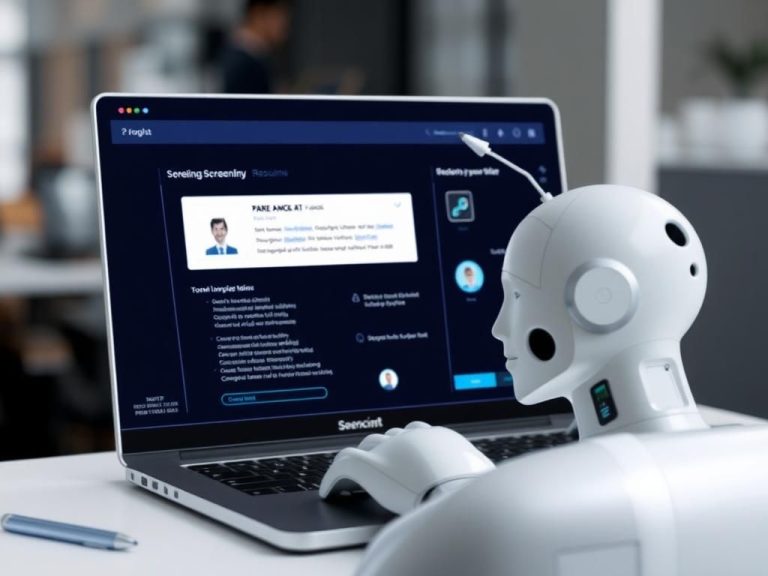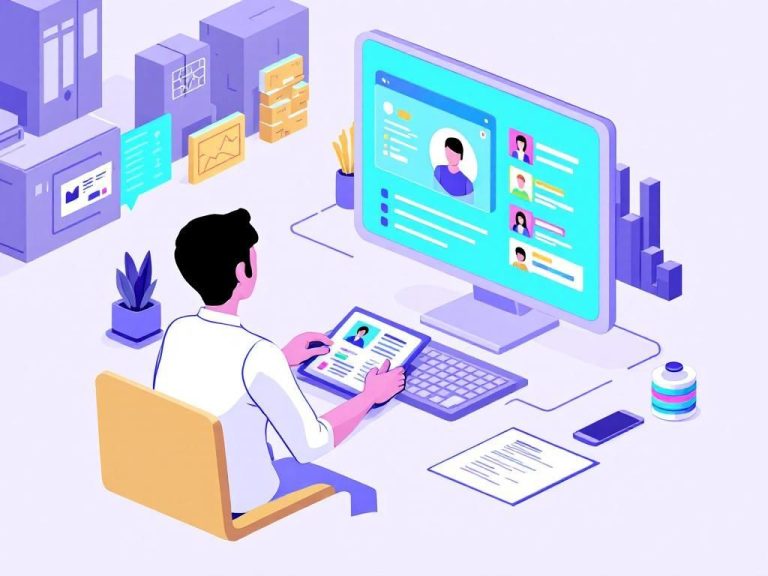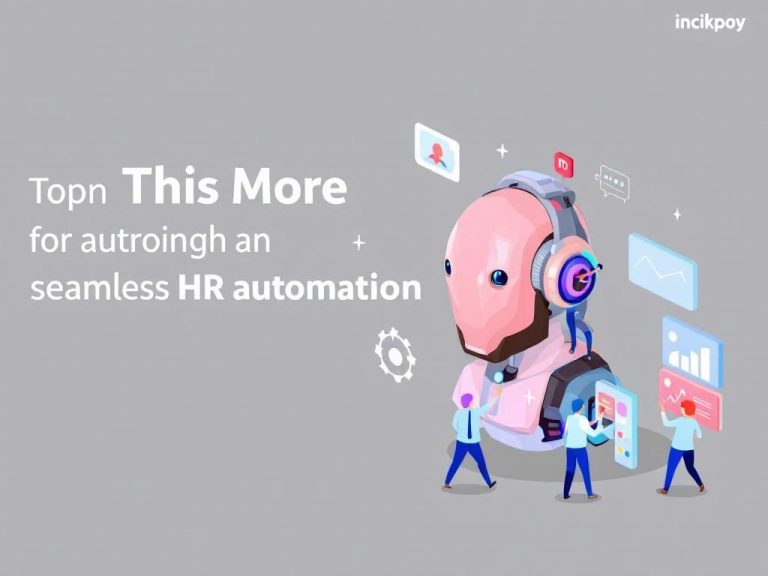As businesses continue to evolve in the digital age, the integration of artificial intelligence (AI) into the HR landscape has become increasingly essential. With 2025 on the horizon, the potential for AI onboarding tools to revolutionize the way organizations engage and integrate new employees is significant. These tools offer efficiency, personalization, and a data-driven approach that can enhance the overall onboarding experience. In this article, we will explore the transformative power of AI in HR onboarding, the technology behind it, and the implications for companies looking to thrive in a competitive market.
The Importance of Effective Onboarding
Onboarding is more than just paperwork and orientation; it sets the tone for a new hire’s experience and integration into the company culture. A well-structured onboarding process can:
- Improve employee retention rates
- Increase job satisfaction
- Enhance productivity
- Accelerate the learning curve for new employees
However, traditional onboarding methods often fall short, leading to inconsistencies and inefficiencies that can hinder the experience of new hires.
How AI is Transforming Onboarding
AI onboarding tools leverage machine learning algorithms, natural language processing, and data analytics to create an automated and personalized onboarding experience. Here are some ways AI is making a difference:
1. Personalized Learning Paths
AI algorithms can analyze the skills and background of new hires, tailoring the onboarding process to suit their individual needs. This personalization not only helps new employees feel more valued but also ensures they receive the training necessary to succeed in their roles.
2. Virtual Assistants
Chatbots and virtual assistants equipped with AI can provide instant support to new hires, answering questions about company policies, benefits, and procedures. This access to information at their fingertips allows new employees to navigate their onboarding more confidently and independently.
3. Simplification of Administrative Tasks
With the automation of repetitive administrative tasks such as document collection, form filling, and scheduling meetings, HR personnel can focus on more strategic initiatives. AI tools can streamline these processes, significantly reducing the time spent on onboarding logistics.
Key Features of AI Onboarding Tools
When evaluating AI onboarding tools, organizations should consider several key features that enhance the onboarding experience:
| Feature | Description |
|---|---|
| Interactive Training Modules | Engaging learning resources that adapt to the user’s pace and style. |
| Data Analytics | Insights and reporting capabilities to assess the effectiveness of the onboarding process. |
| Integration with Existing Systems | Seamless connectivity with HRMS, payroll, and collaboration tools. |
| Feedback Mechanisms | Built-in tools for collecting feedback from new hires to enhance future onboarding. |
Challenges and Considerations
Despite the advantages, implementing AI onboarding tools comes with its own set of challenges:
- Data Privacy: Organizations must prioritize data security and ensure compliance with regulations concerning employee data.
- Technology Adoption: Employees must be willing to embrace AI tools, which may require change management strategies.
- Quality of AI: The effectiveness of AI tools depends on the quality of the underlying algorithms and data; poor implementation can lead to misinformation.
Future Trends in AI Onboarding
As technology continues to advance, the future of AI in onboarding looks promising. Here are some anticipated trends:
- Increased Use of Augmented Reality (AR): Expect a rise in AR applications that simulate real workplace scenarios for training purposes.
- Enhanced Predictive Analytics: AI tools will likely evolve to predict employee performance and engagement based on onboarding data.
- Continuous Learning: Onboarding will merge with ongoing training, encouraging lifelong learning and development.
Conclusion
As we move towards 2025, AI onboarding tools are poised to become a cornerstone of effective HR practices. By adopting these innovative technologies, organizations can create a more engaging, personalized, and efficient onboarding experience that benefits both new hires and the business. The future of work is here, and embracing AI is crucial for organizations that aspire to lead in the competitive landscape.
FAQ
What are AI onboarding tools?
AI onboarding tools are software solutions that utilize artificial intelligence to streamline and enhance the employee onboarding process, making it more efficient and engaging.
How can AI onboarding tools improve the employee experience?
AI onboarding tools can provide personalized experiences, automate repetitive tasks, and offer real-time feedback, leading to a smoother and more engaging onboarding process for new hires.
What benefits do companies gain from using AI onboarding tools?
Companies can benefit from reduced onboarding time, increased employee retention rates, improved compliance, and enhanced overall productivity through the use of AI onboarding tools.
Are AI onboarding tools suitable for all sizes of businesses?
Yes, AI onboarding tools can be tailored to fit the needs of businesses of all sizes, from small startups to large enterprises, helping them to efficiently manage their onboarding processes.
What features should I look for in AI onboarding tools?
Key features to look for include automation capabilities, analytics and reporting, integration with HR software, personalized onboarding plans, and interactive training modules.
How will AI onboarding tools evolve by 2025?
By 2025, AI onboarding tools are expected to become even more advanced, incorporating machine learning for better personalization, enhanced virtual reality training experiences, and improved data analytics for decision-making.




